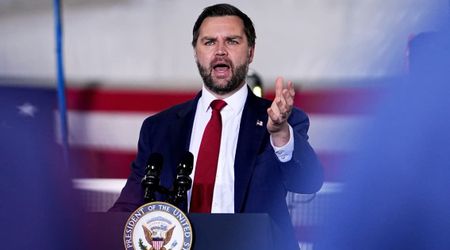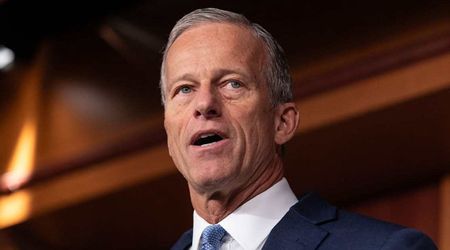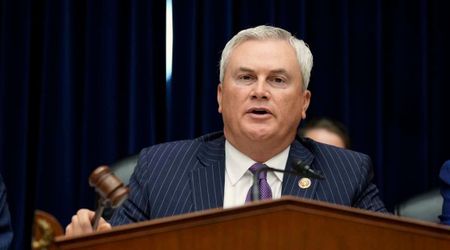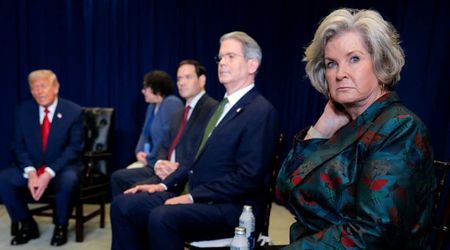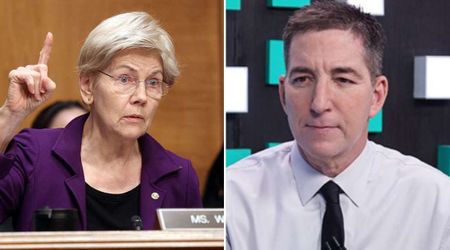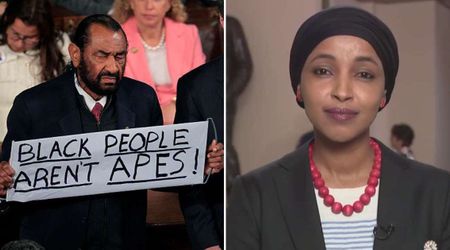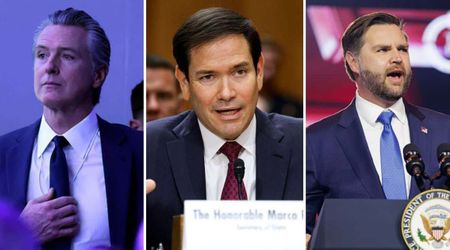Kevin McCarthy and Biden's federal spending deal haunts GOP's fight for funds as lawmakers admit their 'hands are still tied'
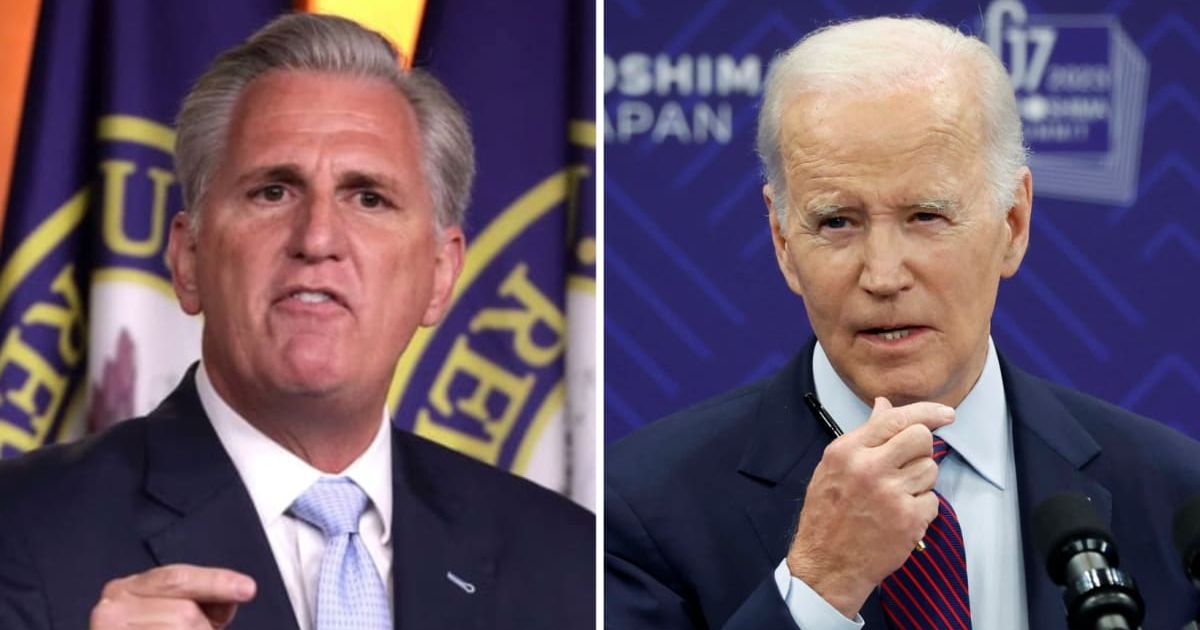
BAKERSFIELD, CALIFORNIA: Kevin McCarthy, the former House Speaker of California, has been out of Congress for almost six months, but his shadow remains over the House of Representatives as members get ready for another divisive government funding fight.
In exchange for federal spending caps for the ensuing two fiscal years, McCarthy last year agreed to suspend the US debt limit through January 2025. This agreement, known as the Fiscal Responsibility Act, was made with President Biden. It stipulates that in fiscal year 2025, the growth of discretionary government funding can only exceed 1 per cent.
Lawmaker says Kevin McCarthy's shadow still looms over GOP
House appropriators are trying to figure out how to work around that cap without significantly affecting Defense and Homeland Security spending. Negotiators should adhere to the statutory cap, which is approximately $1.606 trillion, according to fiscal conservatives.
Conversely, defense hawks are worried about the consequences of a small increase and believe that, when taking inflation into account, it might actually mean a reduction in national security spending.

"That was a deal that McCarthy made, right? He's not here anymore. But our hands might still, legally, be tied to it," a GOP lawmaker stated to Fox News Digital. "I understand what the intent of the FRA was, but… the caps as written prevent us from effectively keeping pace with China."
The lawmaker added, "So, whatever is needed between leadership, the Senate and the president to allow us a little more maneuvering space in terms of the allocations between the federal agencies and the 12 bills, I think is necessary."
Republican Study Committee Chairman Kevin Hern weighs in
Republican Study Committee Chairman Kevin Hern, R-Okla, acknowledged that the caps indeed limited negotiators, yet he encouraged them to strive to adhere to the written terms. "Honestly, I'm having a difficult time figuring out why it's so hard for us to establish the numbers. I mean, it was agreed to a two-year cap. You know, $1.606 trillion is the number, but it's like everybody's struggling to figure out what it really is," Hern said.
The government funding level for the fiscal year 2024, he said, was "a little bit higher" than the $1.59 trillion that had been agreed upon because of "some sidebar deals that all of us found out about afterwards."
"But this cap is $1.606, and with no backroom cigar smoke-filled room deals. So we'll see where my colleague Congressman Cole comes up with the appropriations," Hern said.
House Appropriations Committee Chairman Tom Cole, R-Okla, said to Fox News Digital when questioned if he felt bound by the FRA, "I mean, that's the law, so we're going to mark it up to what the law tells us to mark up to."
Similar remarks were made by Appropriations Committee member Rep Jake Ellzey, R-Texas, "We’re doing the best we can, it's the law of the land. So you do what you can with what you’ve got — if frogs had wings, they’d be a lot more successful on not hitting their rear end when they jump."
House GOP has made strategic decisions to ensure timely passage of the bills
Ellzey hinted that the FRA would present some obstacles. "With the exception of Defense and Homeland, the majority of those bills will be scaled back based on the FRA. Obviously, no matter which spending bill you're talking about, real dollars are still being slashed despite the increase for those two because of inflation," Ellzey said.
"Chairman Cole has already made some good, hard, strategic decisions…so we’ve got some clear pictures of where we're going, and we're going to be far more aggressive on getting those bills done on time this year," he added.
Indeed, House GOP leaders have set an ambitious agenda to pass all 12 individual spending bills that finance the US government well ahead of the September 30 deadline, marking the end of the fiscal year.
House Majority Leader Steve Scalise, R-La, presented a legislative calendar aiming for passage before Congress takes its monthlong August recess, as reported by a source to Fox News Digital during a private House GOP conference meeting this week.
The previous year's government funding conflict was characterized by turmoil and discord among House GOP members, with some advocating for a government shutdown to force spending reductions, while others warned of the severe economic and political consequences such a shutdown could entail.
Internet calls Kevin McCarthy a 'quitter'
As soon as the news spread on the internet, users started reacting to it. One wrote, "Thank god he's gone and out of office."
Another user added, "Good. Discretionary government funding can only grow by 1% in fiscal year 2025. Would have rather seen a cut, but it’s a start."
Good. Discretionary government funding can only grow by 1% in fiscal year 2025. Would have rather seen a cut, but it’s a start.
— Jeff ❌iller (@millerjj660) May 27, 2024
Another commentator added, "I don't doubt that at all. Republicans have a history of being stupid and weak."
I don't doubt that at all. Republicans have a history of being stupid and weak.
— Michael (@zuckerbergzed) May 27, 2024
"Kevin is a quitter," another person concluded.
This article contains remarks made on the Internet by individual people and organizations. MEAWW cannot confirm them independently and does not support claims or opinions being made online.

